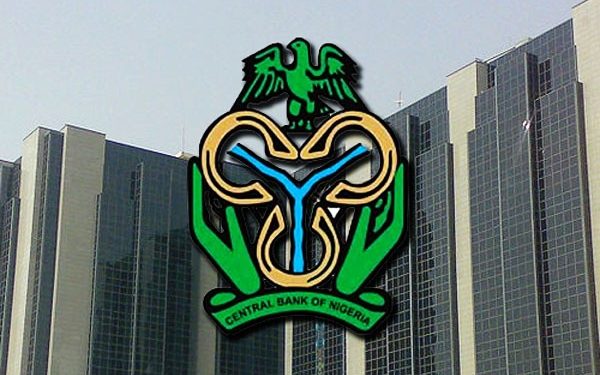The central bank of Nigeria increased its benchmark lending rate to 18% by 50 basis points.
This move is part of the monetary authorities’ efforts to control inflation, which has had a negative impact on consumer buying power.
During last month’s controversial presidential election, voters were greatly concerned about the high cost of living.
Despite the ruling party’s Bola Tinubu winning the election, he has made promises to revive the economy and put an end to the prevailing insecurity.
The recent increase in interest rates by the Central Bank was prompted by the acceleration of price increases in February, as revealed by the inflation data.
This occurred despite the implementation of the cashless policy, which aimed to reduce the amount of money in circulation.
Governor Godwin Emefiele of the Central Bank of Nigeria stated that all members of the Monetary Policy Committee agreed on the decision to raise rates due to various factors such as pressure on prices and exchange rates.
They also anticipated the removal of a petrol subsidy that had cost $10 billion in the previous year.
These, in view of members, provided a compelling argument for an upward adjustment of policy rates, albeit less aggressively.
Governor Godwin Emefiele of the Central Bank of Nigeria
According to Razia Khan, head of research for Africa and the Middle East at Standard Chartered Bank, although inflation risks persist, the pace of tightening is now more moderate to reduce negative real interest rates.
Additionally, she stated that investors are monitoring the removal of the petrol subsidy as Tinubu is set to assume office on May 29th.
Khan further explained that while fuel subsidy reforms are likely to take place soon, the time frame for any FX policy adjustment remains unclear.
She noted that any FX adjustment would probably precede significant portfolio inflows, but current global volatility and its effect on oil prices could lead to fuel subsidy reforms taking priority in the short term, with FX reforms coming later.
Meanwhile, Emefiele confirmed that the impact of the collapse of two US lenders and problems at Credit Suisse would not affect the stability of Nigeria’s banks, which remain strong.
Read Also: Central Bank of Nigeria Issues Operational Guidelines for Open Banking




